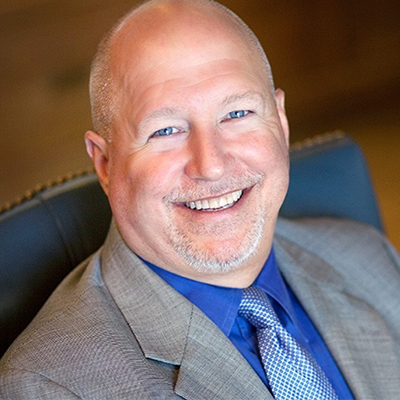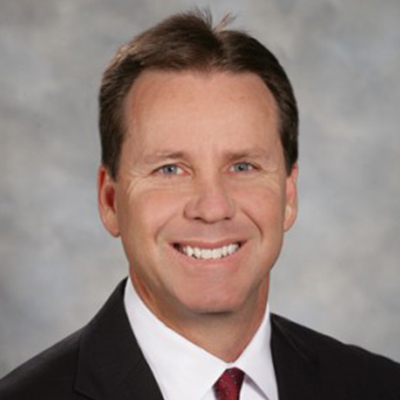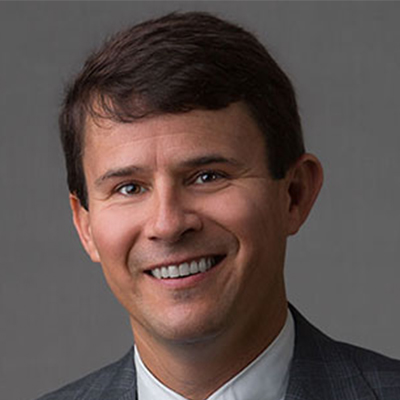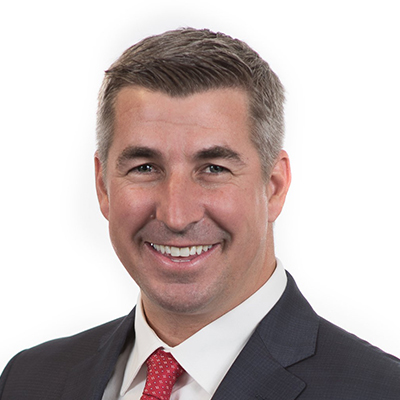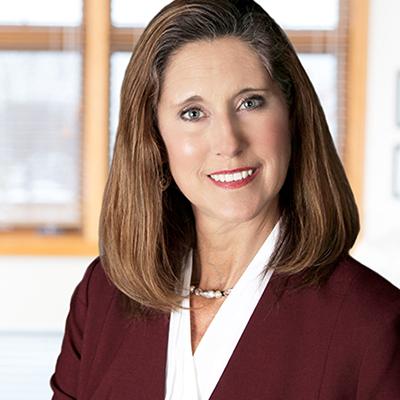Padding hours and inflating bills is a temptation that is hard to resist in difficult economic times. With lawyers in survival mode, associates and partners alike are more likely to opt for self-preservation tactics in a shrinking legal market.
The Temptation to Overbill is Strong
Overbilling always has been a potential problem in law firms ever since hourly billing practices were first instituted in the 1960s and 1970s. The temptation to engage in client overbilling despite ethical strictures grows stronger when attorney performance and contribution to the firm’s bottom line are under closer scrutiny. Job pressure leads to billing pressure, which leads to overbilling.
Overbilling Happens at Two-Thirds of Law Firms
Professor William Ross of the Cumberland School of Law at Samford University in Macon, Ga., has studied law firm billing practices and surveyed attorneys and their clients on billing matters for a number of years. Ross’s surveys reflect the growing pressure on associates to generate ever increasing billing hours under law firm’s highly leveraged structures. In his most recent survey, conducted in 2007, Ross found that two-thirds of survey respondents acknowledged that they had “specific knowledge” of bill padding at their firms.
Ross also found that 54.6 percent of respondents admitted doing unnecessary tasks to inflate reported billable time. Ross’s findings underscore that most overbilling occurs from such practices and not outright fabrication. He concludes that the pressure to generate hours only becomes more severe when there is less work.
Economic Downturn Fuels the Problem
Ross’s survey findings are confirmed by Charles H. Green, founder and CEO of Trusted Advisor Associates and a longtime adviser to law firms. Green opines that economic downturns are more likely to produce bad behavior than good behavior in free-based professional service firms—especially in law firms.
Green sees the cause of overbilling in lawyer’s efforts to demonstrate value to others by the numbers. While many firms attempt to reward quality associates and not base decisions about layoffs or salary reductions solely on hours logged, even firms with the best intentions are more likely to focus on quantifiable results when firm income and profit are under pressure. Associates know the importance of those hourly benchmarks.
Clients are Pushing Back
In the end, clients may prove to be the best guard against overbilling. Corporate counsel are pushing back against what they perceive to be excessive billing charges by their outside counsel. Formerly pliant corporate counsel under economic pressures of their own have found the backbone to face down law firms whose bills they now closely scrutinize.
The newfound attention that law firm bills receive may spawn internal reforms at law firms. Knowing that now is not the time to offend clients, firms may question the hours posted and bills generated by their lawyers. Or, conversely, firms may look the other way, not wanting to find bad apples among their ranks.
Don’t Let This Happen at Your Firm
Green believes that the time is at hand to bring this once taboo topic out in the light of day and freely discuss the consequences of such conduct with associates and young partners.
Source: Law360, After the Crisis: Management Lessons for Law Firms, pages 12 and 13





